Dental Tourism in Turkey: A German Patient's Risk Guide
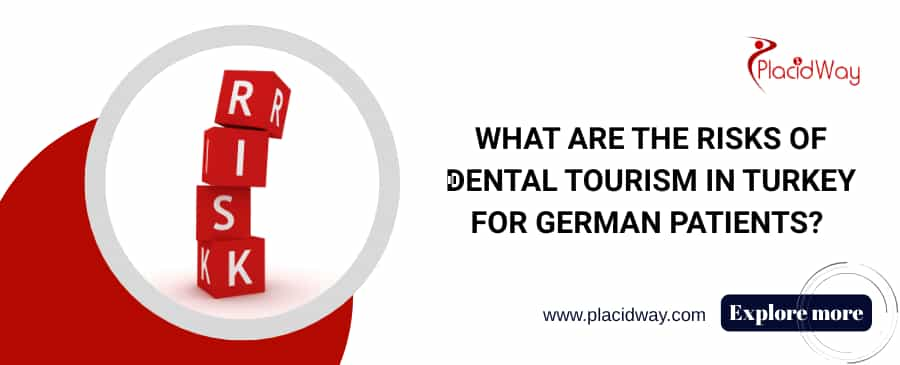
The idea is tempting: a brilliant new smile at prices often 50-70% below German cost estimates, combined with a sunny holiday in Istanbul or Antalya. Dental tourism in Turkey has become a seemingly perfect solution for many German patients. Every year, thousands travel to get dental implants, crowns, or veneers. Clinics advertise with all-inclusive packages, state-of-the-art technology, and English-speaking support. But behind the glossy brochures and positive testimonials, there are also significant risks that often only become apparent when something goes wrong.
For German patients, it is crucial to see not only the obvious cost advantages but also to understand the potential disadvantages and dangers. What happens if the new crowns don't fit or an implant gets infected? Who covers the cost of follow-up treatment? Does German or Turkish law apply?
The risks of dental treatment in Turkey are diverse, ranging from medical complications and legal gray areas to unexpected follow-up costs. Thorough research and careful planning are essential to ensure that the journey to a dream smile doesn't end in a nightmare of pain, disappointment, and financial loss. This guide is intended to help you make an informed decision.
What are the biggest risks of dental treatment in Turkey?
While many treatments are successful, the potential pitfalls should not be underestimated. A central problem is aftercare. German dentists are not obliged to correct the work of a Turkish colleague and often refuse to do so for liability reasons. This means you would have to travel to Turkey again for any corrections, which incurs additional costs and time.
Another significant risk lies in the legal framework. In the event of malpractice, Turkish law generally applies, which makes enforcing claims for damages extremely difficult for German patients. Language barriers, the need for a Turkish lawyer, and high litigation costs often present insurmountable hurdles. Furthermore, the two-year warranty, as is common in Germany, is not always provided in Turkey or is difficult to enforce.
- Medical Risks: Infections, nerve damage, ill-fitting dental prosthetics, implant loss.
- Quality Risks: Use of inferior materials, overly aggressive grinding of healthy tooth structure.
- Financial Risks: Unexpected follow-up costs for corrections, travel and accommodation costs for follow-up treatments.
- Legal Risks: Difficult legal enforcement, unclear warranty claims.
How big is the price difference really?
The lower prices are the main reason for dental tourism in Turkey. They result from lower labor and laboratory costs, as well as lower operating costs for the clinics. A high-quality dental implant, which can cost between €2,500 and €4,000 in Germany including the crown, is often offered in Turkey for €800 to €1,500.
However, it is important to make an honest overall cost calculation. Travel, accommodation, and food costs are always added to the treatment costs. Although many clinics offer packages that include a hotel and transfer, flights usually have to be booked separately. You should also budget for unforeseen expenses. If complications arise and a second or third trip becomes necessary, the savings can quickly be depleted.
| Treatment | Average Cost Germany | Average Cost Turkey |
|---|---|---|
| Dental Implant (incl. crown) | €2,500 - €4,000 | €800 - €1,500 |
| Zirconia Crown | €800 - €1,200 | €200 - €400 |
| Veneer (per tooth) | €700 - €1,500 | €250 - €450 |
Do the quality and hygiene standards in Turkey meet German norms?
This is one of the most critical points. There is a wide range of clinics in Turkey. Some are excellent, have the latest technology (e.g., CAD/CAM manufacturing, 3D tomography), and adhere to strict international hygiene protocols. These clinics are often certified by organizations such as the Joint Commission International (JCI) or according to ISO standards and are in no way inferior to German practices.
On the other hand, there are also "black sheep" that cut corners on staff, materials, and hygiene to offer even cheaper prices. Reports of inadequate sterilization, outdated equipment, and a lack of cleanliness are not uncommon. It is often difficult for patients to separate the wheat from the chaff from a distance. A missing or deficient hygiene management significantly increases the risk of infections and post-operative complications.
What happens if complications arise after the treatment?
This is the biggest concern for many German patients. If pain, inflammation, or inaccuracies in fit only occur after returning, an often frustrating odyssey begins. Your dentist in Germany can perform emergency treatment (e.g., for an acute infection) but is not obliged to correct the dental prosthesis. Many refuse to do so because they would otherwise have to assume the warranty for the entire work.
The Turkish clinic will probably offer to carry out the correction on-site "free of charge." However, you will have to bear the costs of flights and accommodation yourself. This puts the initial savings into perspective. A quick and uncomplicated solution, as you are used to from your dentist at home, does not exist in dental tourism.
Who is liable for malpractice in Turkey?
The legal pursuit of malpractice is one of the biggest hurdles. You have to prove that the Turkish doctor violated medical standards. For this, you need an expert opinion, which often also has to be prepared in Turkey. The entire process must be conducted before a Turkish court and in the Turkish language.
The chances of success are low for foreign patients. Even if you win the case, collecting the damages is often problematic. Professional liability insurance, which is mandatory for German doctors, is not always available to the same extent in Turkey. Patients are therefore often left with their costs and health damages.
Is there a guarantee (warranty) on Turkish dental prosthetics?
The generous-sounding guarantee promises are an important marketing tool. In contrast to the legally anchored two-year warranty in Germany, these are voluntary guarantees from the clinic. What exactly this guarantee covers and under what conditions it applies should be recorded in writing and in detail in the treatment contract.
The main problem remains the practical implementation. If a crown breaks or an implant causes problems, you have to return to the clinic to claim the guarantee. The guarantee usually only covers the dental work and the material, but not the travel and incidental costs. Clarify in advance whether the clinic cooperates with a partner dentist in Germany, which is rarely the case.
Will my German health insurance cover the costs?
Statutorily insured persons are entitled to the so-called fixed subsidy, regardless of where the treatment takes place within the EU (and in some agreement countries, which include Turkey). However, you must submit and have a treatment and cost plan approved by your health insurance company before the treatment. Reimbursement is often only made after the treatment is completed upon presentation of the invoices.
It is important to understand that only the amount that would have been incurred in Germany for comparable standard treatment is reimbursed. The savings, therefore, result from the lower overall costs in Turkey. With private and supplementary dental insurance, the reimbursement depends heavily on the respective tariff. Be sure to clarify the cost coverage in writing with your insurance company in advance to avoid unpleasant surprises.
How do I find a reputable and good dental clinic in Turkey?
Choosing the right clinic is the most important step in minimizing risk. Do not rely solely on the clinic's website or the placement agency. Conduct your own comprehensive research.
- Reviews: Look for authentic, detailed testimonials on independent portals, in forums, and social media groups. Be skeptical of exclusively perfect reviews.
- Certificates: Ask for certificates such as ISO 9001 or a JCI accreditation. These signal high quality and safety standards.
- Doctors: Find out about the training and specialization of the treating doctors. How many years of experience do they have, especially with complex cases?
- Before-and-After Pictures: Ask for pictures of real patients with similar starting situations. Make sure the results look natural and do not just conform to the "Hollywood smile" ideal.
- Communication: Test the communication. Do you receive clear, understandable answers to your questions? Do you receive a detailed treatment and cost plan in English?
Are the materials used (implants, crowns) of inferior quality?
The concern about inferior materials is justified, as this is where there is great potential for savings for disreputable providers. However, renowned clinics know that the longevity of dental prosthetics depends on the quality of the materials and therefore use internationally recognized brand products. Ask specifically about the manufacturers of the implants and crowns.
A crucial point is the material passport (implant passport). Insist on receiving a document that provides a complete record of the manufacturer, type, size, and batch number of the implant or the ceramic used. This passport is not only proof of quality but is also essential for any subsequent treatments in Germany.
Why are there often reports of "aggressive grinding" for veneers?
This procedure is a serious risk in dental treatments in Turkey, especially for cosmetic corrections. Real veneers are wafer-thin ceramic shells for which the tooth is only minimally ground down (approx. 0.3-0.5 mm) on the front side. However, to enable quick and radical aesthetic changes or to conceal minor misalignments, some dentists grind the teeth down heavily and place crowns on them.
This massive loss of healthy tooth structure is irreversible and carries high risks. The trauma can damage the tooth nerve and lead to inflammation or the death of the tooth, which necessitates a root canal treatment. Clarify exactly how much tooth structure will be removed before the treatment and whether you are really getting veneers or (full) crowns.
Are you ready to minimize the risks and find a safe, high-quality dental treatment abroad?
Choosing dental treatment abroad doesn't have to be risky. The key is to choose the right, certified, and trustworthy clinic. Discover PlacidWay to compare internationally accredited clinics, read authentic patient reviews, and plan your medical journey with confidence and security.
For More Details on How to Avoid Dental Scams Read our Guide Here: How to Avoid Dental Scams in Turkey


.png)
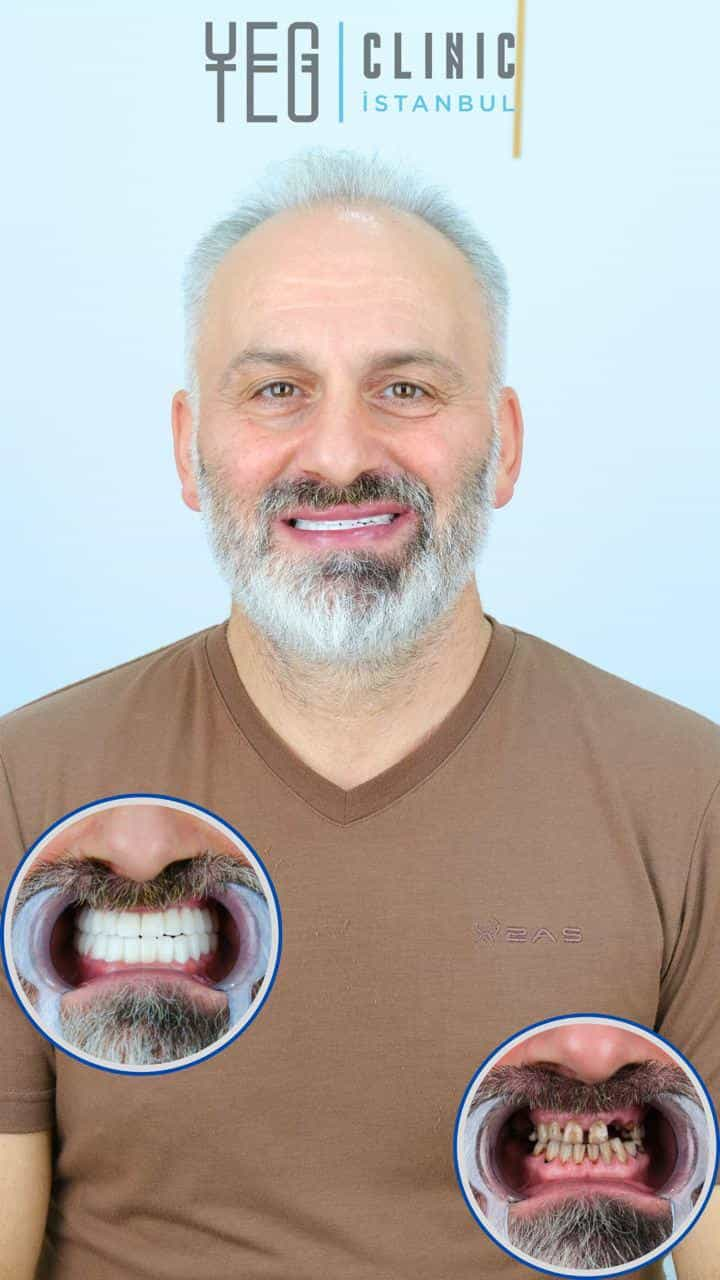
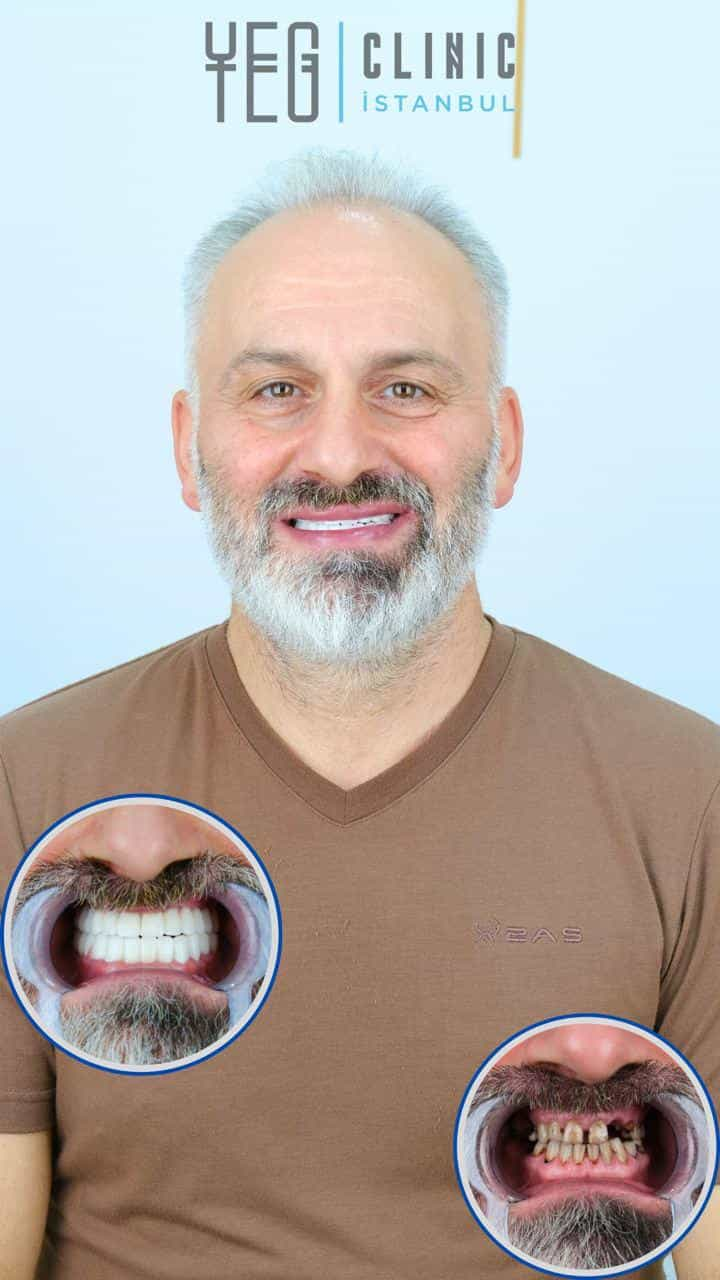

.jpeg)
.png)
.png)

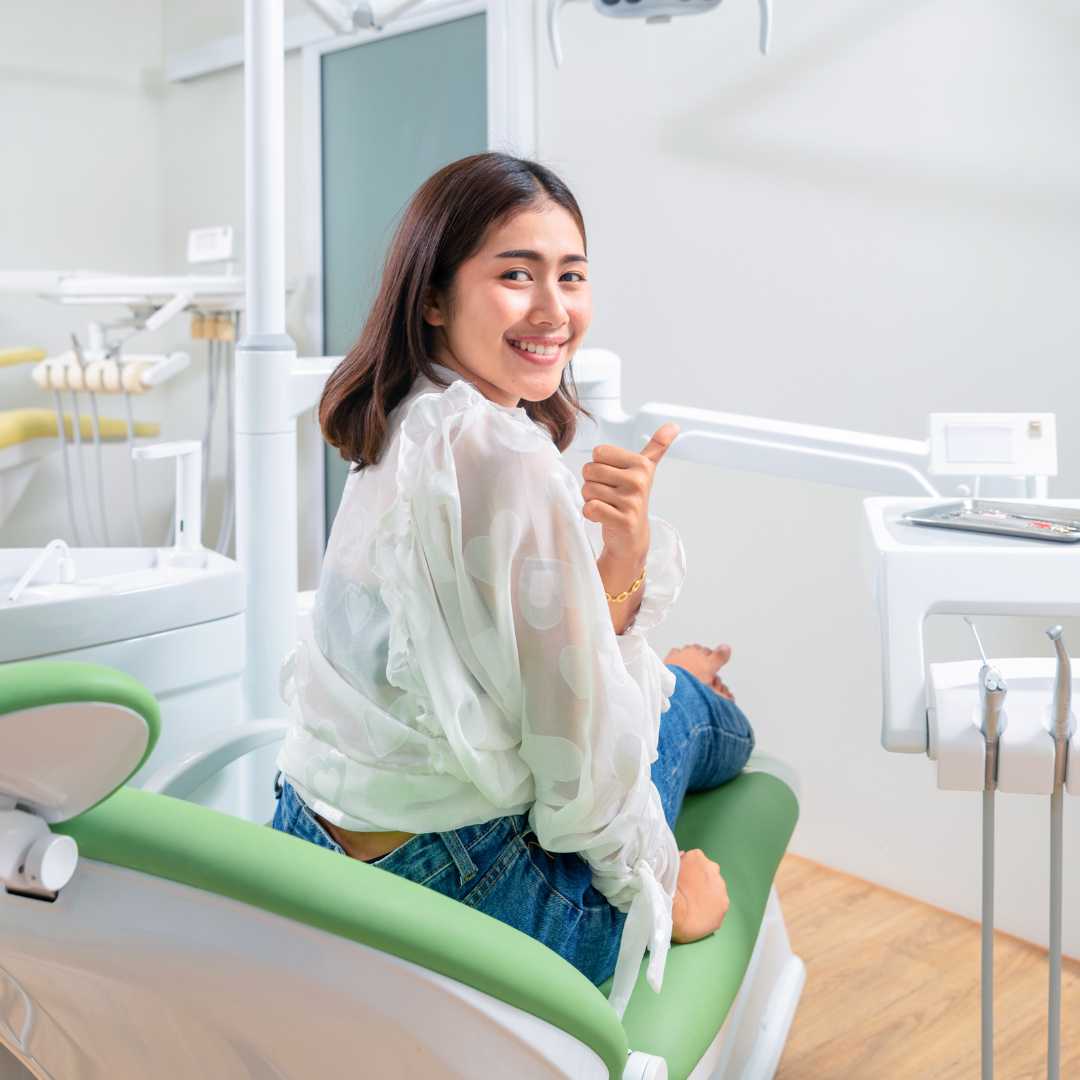
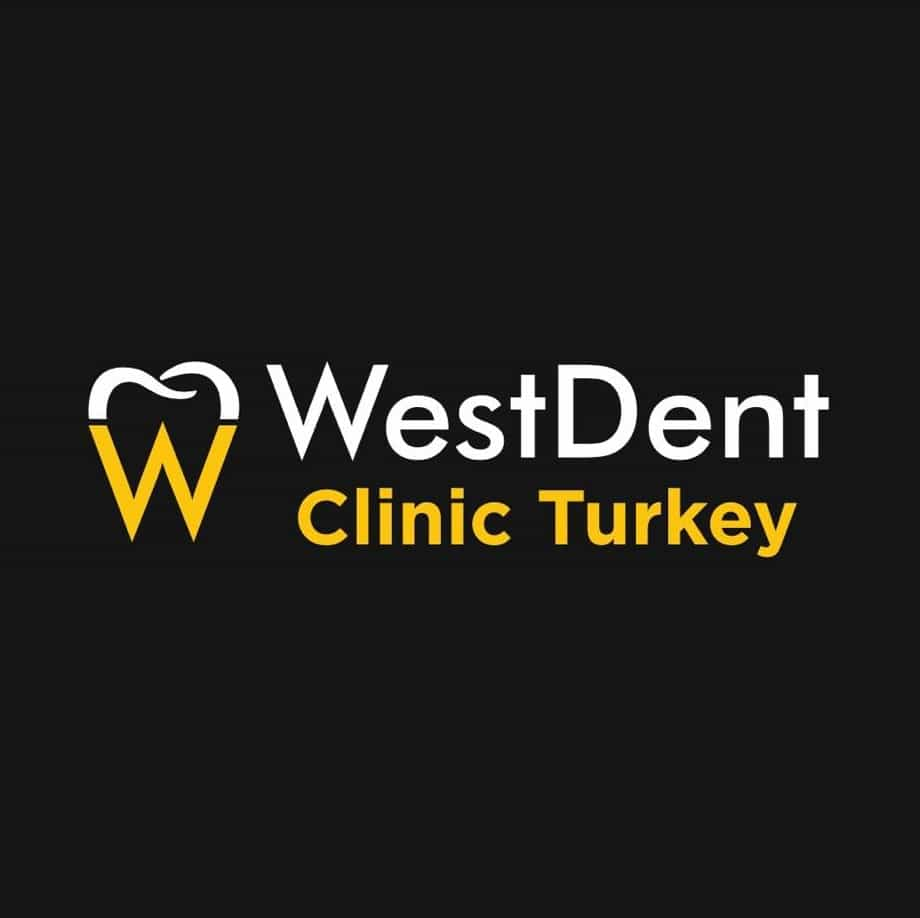

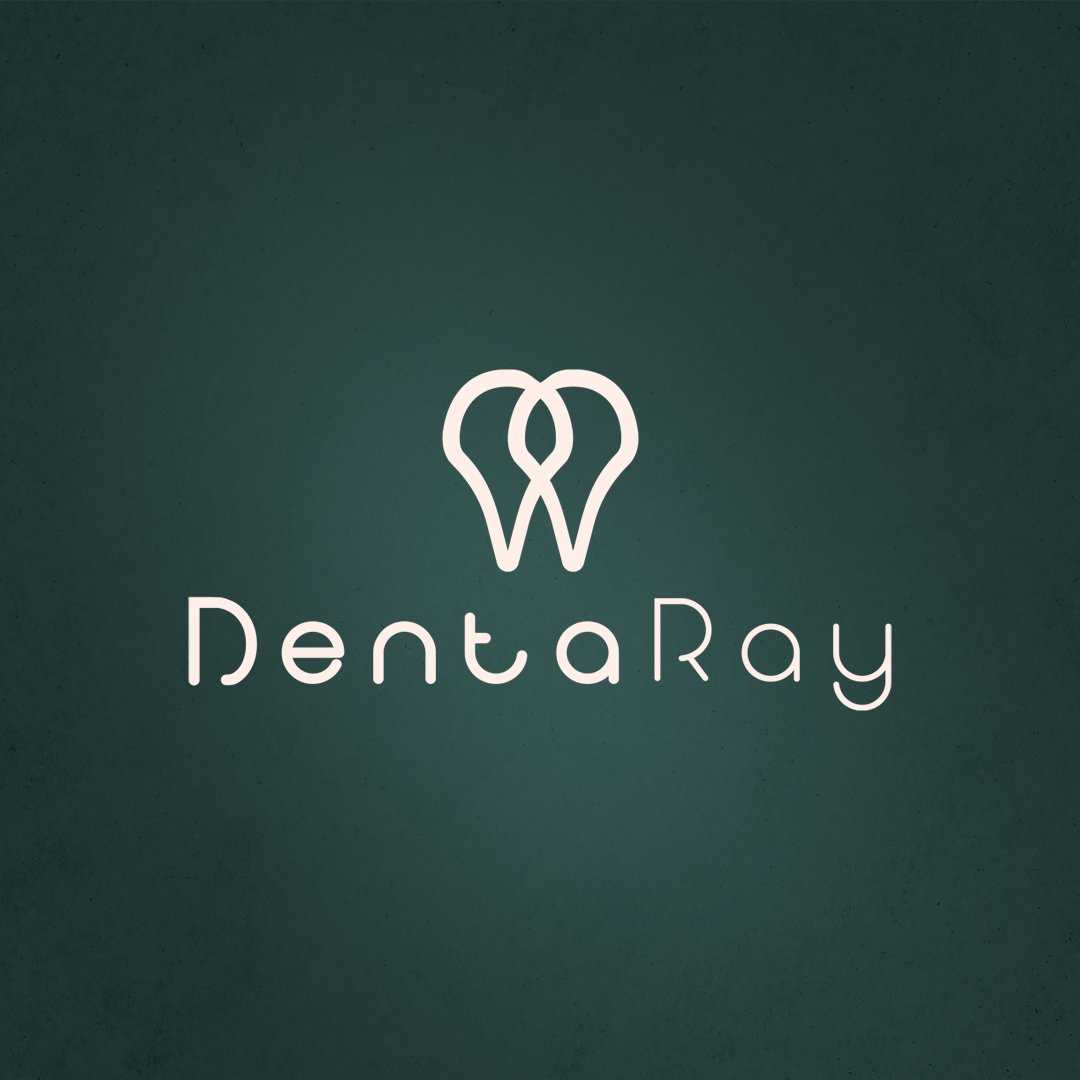
.png)
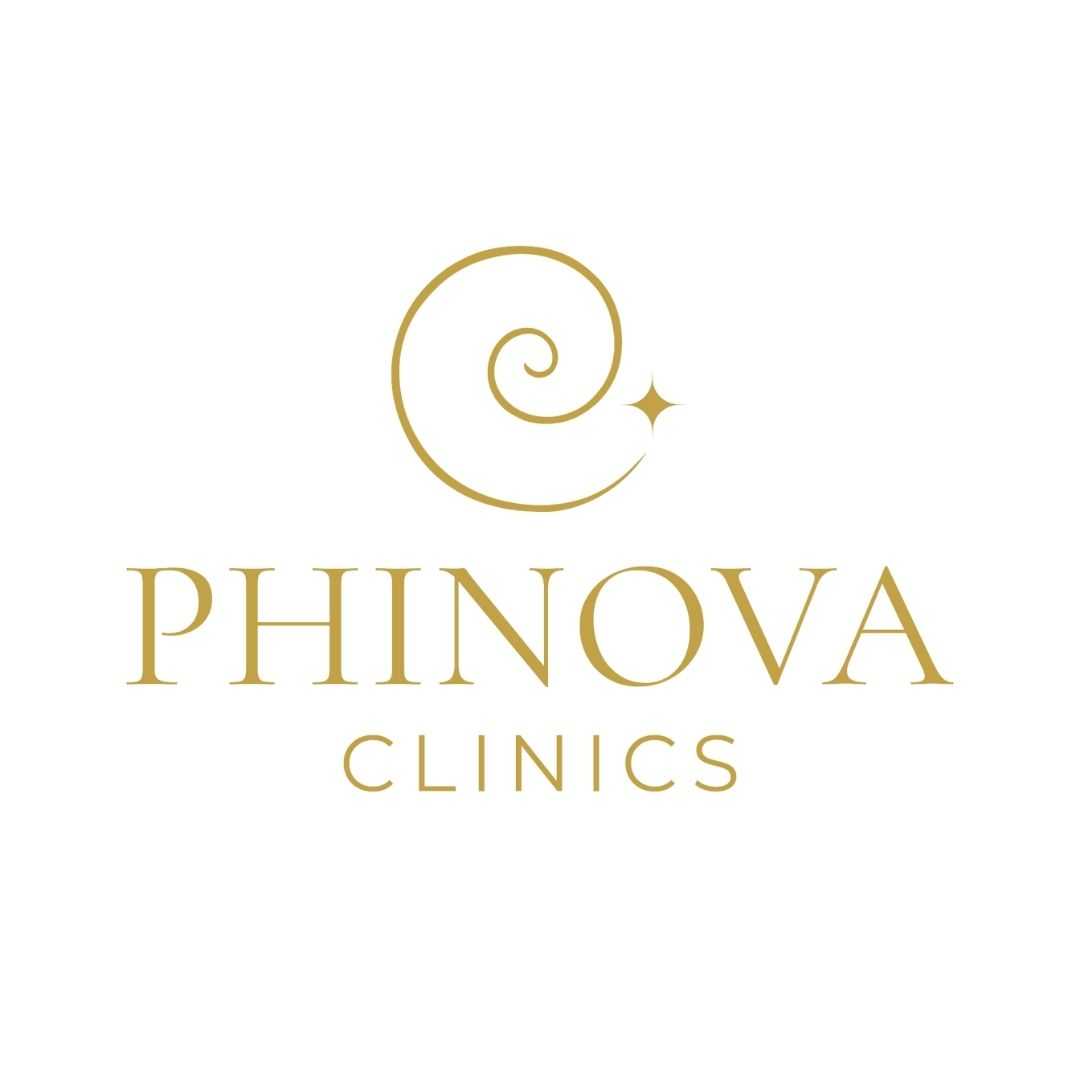

Share this listing